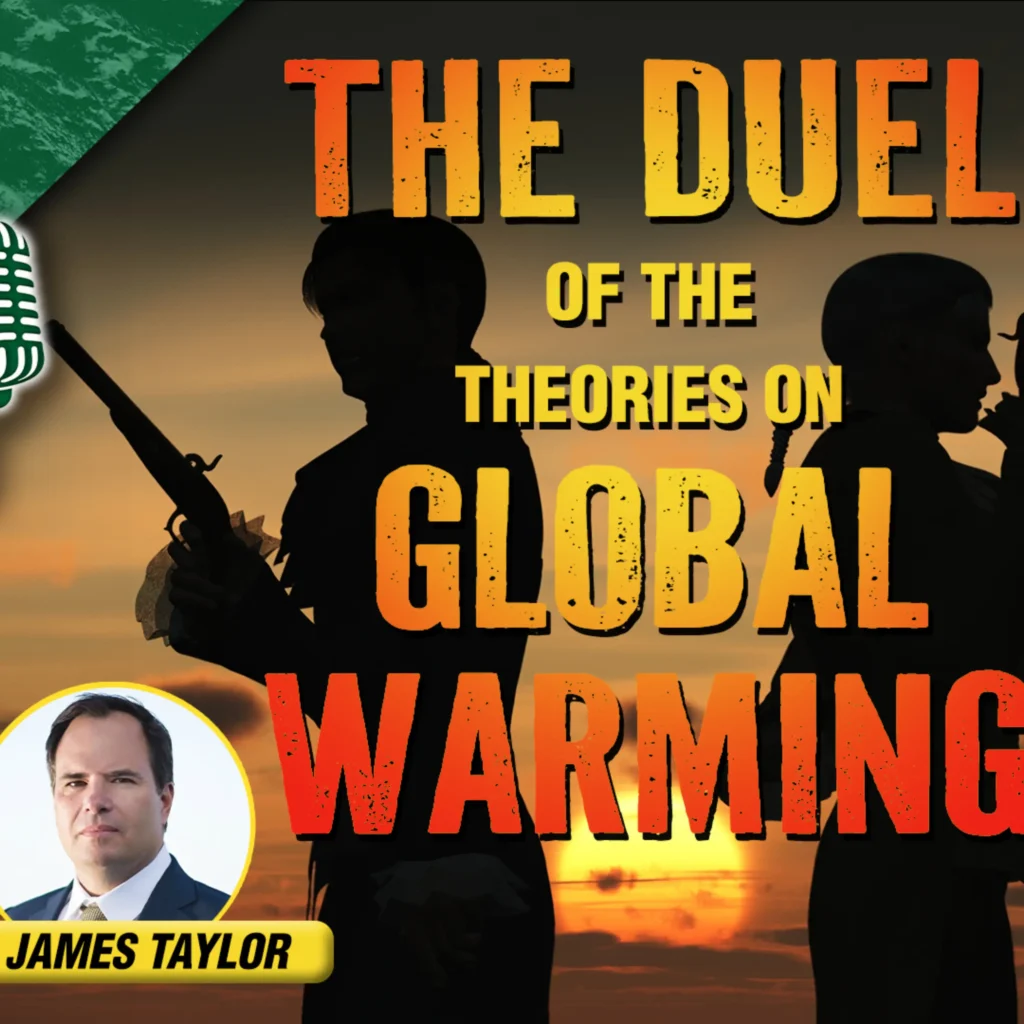ARLINGTON HEIGHTS, IL (January 15, 2020) – The National Oceanic and Atmospheric Administration (NOAA) today released a new report claiming 2019 was “the second warmest [year] since modern recordkeeping began in 1880. NOAA says this past year was 0.98 degrees Celsius warmer than the 1951 to 1980 mean, making the 2010s “clearly the warmest decade on record.”
Climate experts at The Heartland Institute dispute this claim, pointing to a cherry-picked period for the “mean” comparison and data that has been consistently adjusted to artificially make recent years appear significantly warmer than in decades past. In fact, NOAA’s state-of-the-art land-based temperature stations in the United States, placed by design to minimize the urban heat-island effect and other factors that corrupt the data, show that the U.S. was cooler in 2019 than in 2005. See the chart below from the U.S. Climate Reference Network via the NOAA website.

“The NOAA/NASA press release is inconsistently presented. For example, they can’t even agree on a common base period for comparisons. Some graphs use 1951-1980 while others compare to 1981-2010 averages to create anomaly plots. NOAA and NASA owe it to the public to present climate data with a consistent climate period for comparison, otherwise it’s just sloppy science.
“NOAA’s U.S. Climate Reference Network (USCRN) has the best quality climate data on the planet, yet it never gets mentioned in their press releases. While the U.S. isn’t the world, the lack of a warming signal in the contiguous United States since 2005 suggests that the data NOAA and NASA use from the antiquated Global Historical Climate Network (GHCN) reflects warmer biases due to urbanization and adjustments to the data. The USCRN has no biases, and no need for adjustments, and in my opinion represents a ground truth for climate change.”
Anthony Watts
Senior Fellow
The Heartland Institute
[email protected]
“Modest warming has, thankfully, been occurring since we slipped out of the Little Ice Age a little more than a century ago. That was the coldest period of the past 10,000 years and brought horrible human misery. The modest warming that is lately occurring should naturally lead to subsequent years being a little warmer than previous years, which is the case. This is a good thing and just brought tremendous human health and welfare benefits, along with substantial environmental benefits.”
James Taylor
Director of the Arthur B. Robinson Center for Climate and Environmental Policy
The Heartland Institute
[email protected]
“Once again, NASA and NOAA are throwing gasoline on a fire they largely created by ignoring the best data on temperature, and instead using compromised or adjusted temperature readings to reinforce their claim humans are causing a climate crisis. The U.S. Climate Reference Network (USCRN), the gold standard of surface temperature data, plus data from global satellites and weather balloons, all record minimal or almost no warming over the past 40 years, yet NASA and NOAA ignore these sources of unbiased data, because it undermines their dogmatic belief in human caused climate catastrophe.”
“NASA and NOAA are like toddlers trying to fit round toys into square holes, and just as likely as toddlers to throw fits when their efforts are stymied by reality.”
H. Sterling Burnett, Ph.D.
Senior Fellow, Environment & Energy Policy
The Heartland Institute
Managing Editor, Environment & Climate News
[email protected]






